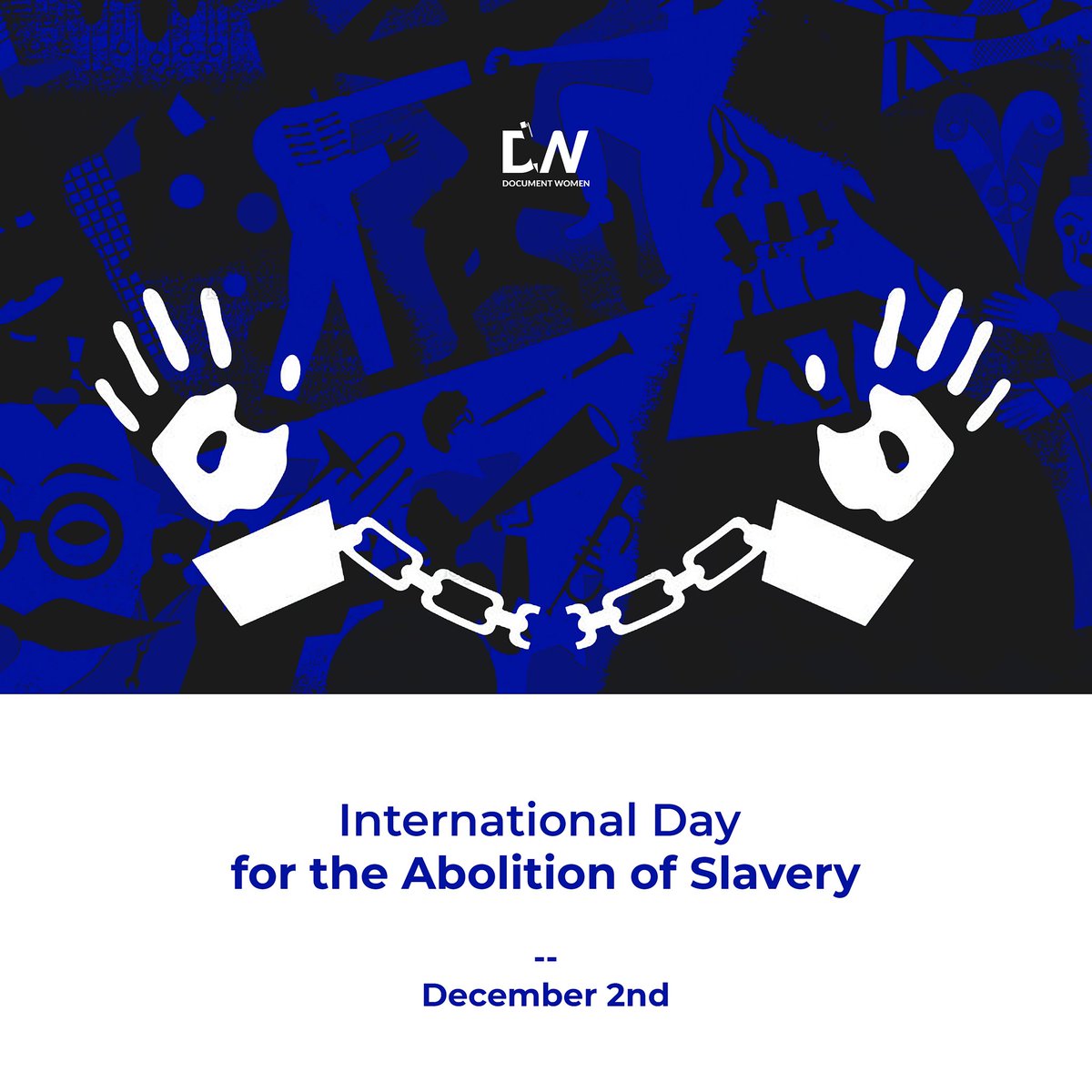
Let's talk about some activists who have led movements against Gender-based Violence.
#16DaysofActivism2021 #OrangeTheWorld
#ViolenceAgainstWomen
RT 🧡
#16DaysofActivism2021 #OrangeTheWorld
#ViolenceAgainstWomen
RT 🧡
1. Akosua Agyepong — Ghana
She runs Pearls Safe Haven, a home for survivors of domestic violence in Ghana.
"I want a world where girls can live freely without having to work twice as hard, be extra cautious, or be twice as modest and humble just to survive." — Akosua
She runs Pearls Safe Haven, a home for survivors of domestic violence in Ghana.
"I want a world where girls can live freely without having to work twice as hard, be extra cautious, or be twice as modest and humble just to survive." — Akosua

2. Matthew Chukwudi Nwozaku from Nigeria
Matthew @Blaise_21 places LGBTQI+ [Lesbian, gay, bisexual, transgender, queer and intersex] girls and women at the forefront of his activism by calling for the eradication of GBV and the fetishization of queer women in Nigeria.
Matthew @Blaise_21 places LGBTQI+ [Lesbian, gay, bisexual, transgender, queer and intersex] girls and women at the forefront of his activism by calling for the eradication of GBV and the fetishization of queer women in Nigeria.
3. Sithembiso (Thembi) Sweswe established the Help Desk Program, a service that mobilizes lawyers to provide free legal assistance to rural women and children in Zimbabwe.
The program has offered legal aid to over 115 young girls and women on GBV issues and land disputes so far
The program has offered legal aid to over 115 young girls and women on GBV issues and land disputes so far

4. Larissa Kennedy @Larissa_Ken
She was a key organizer against sexual violence at the University of Warwick. She further reviewed the school's disciplinary system & pushed for a sexual violence advisor at the school.
She's the President of the National Union of Students @nusuk
She was a key organizer against sexual violence at the University of Warwick. She further reviewed the school's disciplinary system & pushed for a sexual violence advisor at the school.
She's the President of the National Union of Students @nusuk

5. Irina Novac — Romania
She organized the Camp for Sisterhood project for young Romanian girls aged 16 to 19 to learn about GBV and self-defence.
Part of the camp activities include conversations around gender equality, self-confidence and topics that are "unspeakable".
She organized the Camp for Sisterhood project for young Romanian girls aged 16 to 19 to learn about GBV and self-defence.
Part of the camp activities include conversations around gender equality, self-confidence and topics that are "unspeakable".

Melissa Simplíco — Brazil
She spearheaded a school assembly to raise awareness on domestic violence and abuse.
She further educated her peers and faculty on how to press charges against GBV or abuse.
She spearheaded a school assembly to raise awareness on domestic violence and abuse.
She further educated her peers and faculty on how to press charges against GBV or abuse.

• • •
Missing some Tweet in this thread? You can try to
force a refresh





